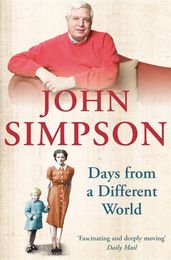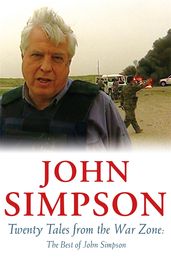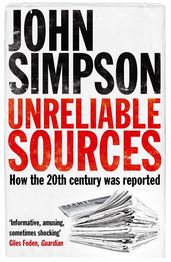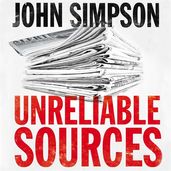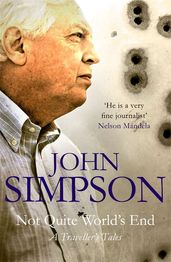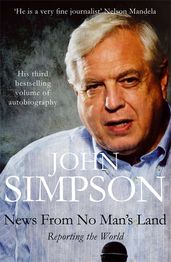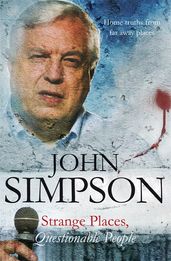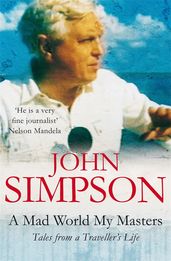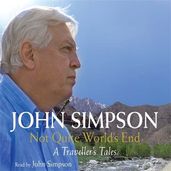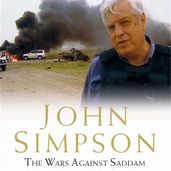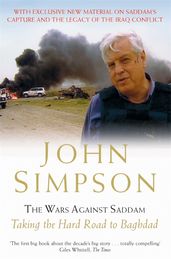Synopsis
‘I have already touched on my childhood in Strange Places, Questionable People. But the further through life I get the more I want to revisit it. I want to look at the whole of my childhood, the England I grew up in and my family.’
A candid and beautifully written memoir that takes readers on a journey through post-war England.
In Days from a Different World, legendary foreign correspondent John Simpson transports us to the late 1940s to revisit his childhood and tell the somewhat strange and often deeply painful story of his family.
Simpson introduces us to his father and his grandmother, still living in the small and rather depressing south London suburb which his family built, dominated and, ultimately, declined with. We meet the grandfather who drank the family money away and abandoned his wife and children, and the grandfather who toured the country with a Wild West show. We learn, too, of the broken marriages and the unfulfilled lives, of the people who died, and the lives which were just beginning.
Vivid, nostalgic and touching, Days from a Different World will enchant all those who read it with its honest and evocative portrayal of a bygone era.
'Superlative' – The Sunday Times
'Fascinating and deeply moving' – Daily Mail
Details
Reviews
Fascinating and deeply moving
Superlative . . . He is blessed as an autobiographer with an outstandingly strange and only fitfully happy childhood. Furthermore, while we would expect him to have a firm grasp of twentieth-century history and politics, at once authoritative and subversive, what is more surprising is his tangy, sensuous prose
Simpson is that uncommon beast: a man with something to say who says it with passion, humour and great style . . . another triumph
Readable, compassionate . . . His portrait of his father is on a par with other superb literary portraits of fathers . . . Days from a Different World is about an era, about generations of a family being irrevocably shaped by two world wars. How fitting that one of our best, most unjaded war correspondents should show, in this marvellous memoir, how changed – even ruined – lives can be by war
